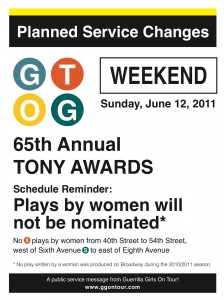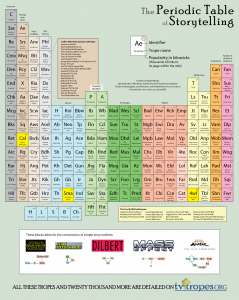If we want more people to go to the theater, we need to rethink classic theater reviews. No matter how well written, the format has remained unchanged in my lifetime, and this means that nothing has been done to adapt to the rapidly evolving media and entertainment picture. Of course, many online sites allow average people to add comments or rate a play-- but who are these people rating the plays? Do their tastes align with yours? How many of the ratings are "salted?" This voting method has some value on Broadway where hundreds of people rate a play, but for a three week Boston run, you can bet the majority of ratings and comments come from friends of the cast, etc.
My proposal is based on my experience going to the theater with a group of friends-- dinner before, drinks and discussion after. There's Beth who offers only a thumbs up or down; if she was entertained it's up. Steve is focused on the performance itself; the interpretation of the text and the quality of the acting and directing. Tom is our quirky sophisticate, well rounded in the arts, a generalist. Michael is scary smart (especially when he brings Olga) and his reflections generally involve an in-depth knowledge of whatever the subject matter, and a fine tuned achademic understanding of theater, combined with a silly Russian wit and tendency toward darkness. I'm more of a text person, and I can get excited by a well written play even in a mediocre produciton; I also love theater so much that a single strong performance, an innovative set design, the seeds of brillance in a play that needs more development can all excite me enough to make the experinece worthwhile.
In my reviews, I would not provide a single rating-- seriously, who does this speak to-- the few people who happen to share the critic's specific aesthetic? (Remember, The Globe gave "Vengence is the Lord's" a good review.)
I would talk about which types of people would and would not like the play-- perhaps develop categories like: Theater as Entertainment, Die Hard Theater Lovers, Performance Junkies, etc. Of course I would come up with much cuter names, or just name them after my friends (we all know if we're a Beth, a Michael, etc.) I would tell readers that everyone but "Entertainment Junkies" is going to love this play, or that the play is for "Die Hard Theater Lovers" only. Both attendance and satisfaction would soar-- instead of a show that has a generally unfavorable review, now it would be a play that will appeal to one or two types of theater goers.
But it's all about the overall experience these days-- so we should notch up the fun and excitement. With each review, let's suggest restaurants in the area that are thematically tied to the play-- if it's a romantic play in the South End, Acquataine might be a good bet... but for a contemporary new work with a group of friends, the bar menu and great Jazz at the Beehive might be better.
Now let's update show talk backs. Who really wants to sit there listening to some lonely person in the audience talk for ten minutes about themselves in the guise of a question? I want to hang with my friends over drinks and talk about the show. What if the review featured a great place for drinks after, and maybe had a special offer for theater goers-- how hard would it be to convince Betty's Wok and Noodle to give away free family style appetisers to people who come after a specific Huntington show and buy drinks? This way, we can talk to other people who went to the show if we feel like it, but also have our own space.
And the media organization who writes a review like this? They're adding interest, involvement and value for their readers; supporting local theater, restaurants and bars; bringing the arts to a wider audience.


